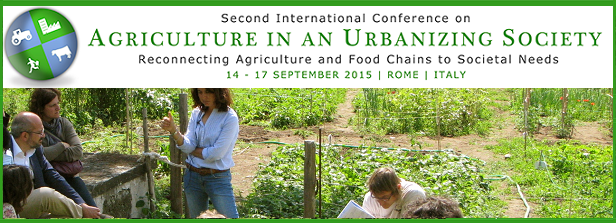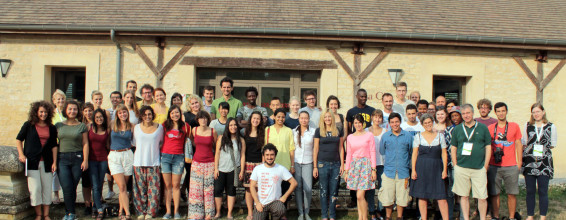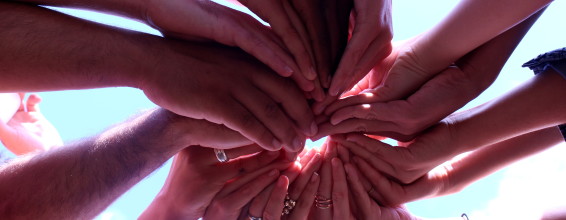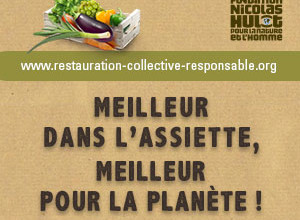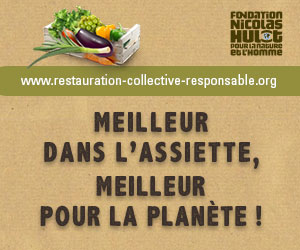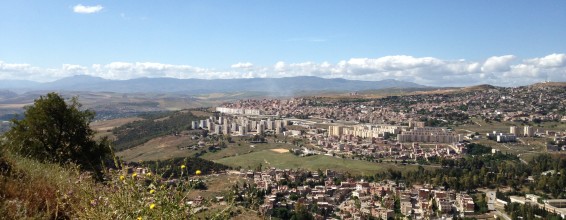Why the Mayor of such a large city as Milan has decided to undertake the design of Food Policies for his city?
“Feeding the Planet, Energy for Life” is the theme chosen for the 2015 Milan Universal Exposition, where such issues as healthy and safe food, combating hunger and waste, water as a common good or sustainable development will be discussed. All these Third Millennium emergencies not only concern the largest metropolitan areas in the world but also the future of Milan and Italy. Expo 2015 has just speeded up our involvement.
During six months, Milan will become geographically the centre of a global debate about food, in a planet shared by 9 billion inhabitants in 2050 that is looking after a fairer and more balanced sustainable development. The Universal Exposition will deliver to the world a Food Chart, true pact among States, International Institutions and individuals. But Milan itself, as the city of Expo, is going further. It is carving out a precise role that looks far beyond 2015
Taking for granted that food is energy and driving force of development, Milan has proposed to other international metropolises an “Urban Food Policy Pact”, that will be signed by the relative Mayors, within a big event organised on the occasion of the World Food Day, next October. The city of Milan is working at present on the contents of the Pact, within a network of more than 30 foreign cities. In the meantime, together with the Cariplo Foundation, it is working on its own Food Policy as part of the construction of its Smart City strategy for a more intelligent and sustainable city that will insure a fairer future for its inhabitants.
What are the expected outcomes?
The Food Policy will give the city of Milan a central role in the urban agro-food system governance, to achieve some major objectives. First of all, to reduce food wastage: every year a family throws away the equivalent of 450€ of fresh food, bread, fruits and vegetables, with consequent impacts on the environment. Also, to improve human health and food access, to increase urban agricultural ecosystem biodiversity, to reduce food systems’ environmental impacts, to foster innovation for healthy and sustainable food production and distribution. Improving food education is a priority too, because most of the impacts are due to lifestyles and consumption patterns.
All these issues are treated within the Milan Food Policy and will frame a systemic and holistic vision for healthy, tasty, fair and sustainable food, accessible for all citizens.
Which levers and which ways do you intend to use in order to proceed with the establishment and the management of Food Policy, independently from projects co-financed by European or national funds? In other words do you plan to create a permanent structure that will be able to monitor and manage this medium-long term process?
Also in light of Expo 2015, the rethinking of the overall urban food system is a central issue for Milan. This challenge does not mean only local food and peri-urban agriculture. A new and positive link must be forged between those who produce, distribute and manage the relationships with consumers. Food wastage must be overcome. “Smarter” logistics must be implemented. It is a modernisation tool, for the city and for the training of new generations.
The whole administration is currently working together with all the companies in which the Council has a share, in order to achieve the targets we set for ourselves: from waste management to food education schemes at school, not to mention combating waste, still in the schools, where it is a significant commitment: in the last year and half, the equivalent of a ton of food per day has been saved in the schools of Milan.
The exchange with the other Mayors clearly highlights how important is the need for a body in charge of the coordination of all the policies related to Food Policy.
Do you believe that the “City” should care about what its own citizens are eating, beyond free individual choices?
Sure I do. We need to raise awareness about what is at stake, in terms of social, health and economic issues. The public debate in Milan is mature enough to contribute to define targets and improvement actions.
Do you think that food can be considered as a Common good? And that food flows should be, at least, monitored by the City?
Expo is also an opportunity for the City of Milan to increase its own awareness and care of the commons, particularly about the sensitive issue of urban agro-food system. And the city administration can’t help but be in the forefront.
Would it be useful that such policies were also represented at a higher institutional level? – for instance at a regional /national /European level; this to implement a new global food governance?
In the so-called “Urban Century”, most of people will increasingly live in large urban areas. Today, more than half of the world’s population lives in cities and in 2030, it will be 60%. Some of these large cities have a GDP that exceeds the one of numerous nations: Milan produces more than Colombia, Washington more than South Africa, London more than Indonesia.
Recent surveys reveal that the “New Face of Hunger”, i.e. the deprivation of food, and above all of healthy food, will define unprecedented borders between neighbouring districts in all “averagely developed” cities. Therefore the management of all the agro-food related problems is becoming an explosive issue at a world-wide and local level – in the North and in the South of the Planet.
In a globalised world where mega-cities become more and more networked to build a sustainable development, great revolutions start at local level. Thus for food policies. Therefore, urban administrations can serve as aggregators to facilitate all the other stakeholders, reconciling the commitment of citizens, with the non-profit world, companies and other institutions. For practical policies.


